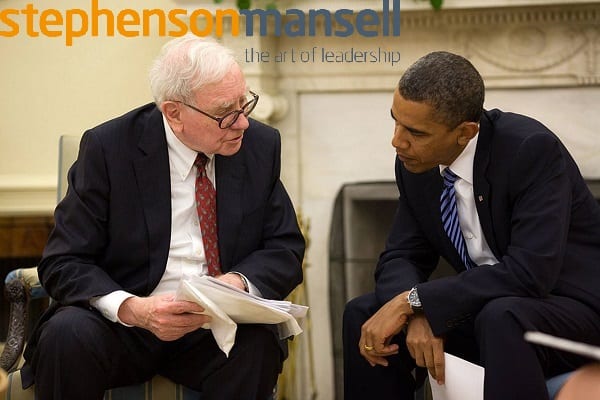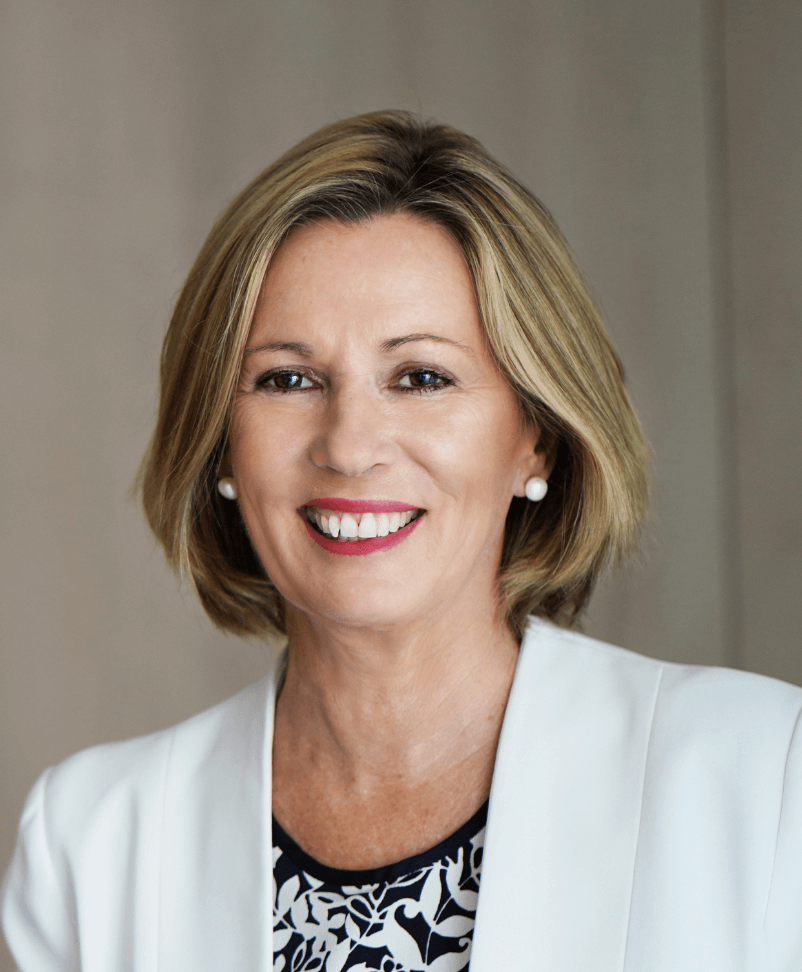
Tesla founder Elon Musk is famous for his commitment to the “big idea”, CEO of Hewlett Packard Enterprise, Meg Whitman, is a transformational leader and Apple founder Steve Jobs was difficult, but inspirational.
Each of these leaders has a strong brand. The moment you mention their names, everyone has a clear picture of who they are and what they stand for.
This is how great executives differentiate themselves from everyone else in the C-suite and how they “sell” themselves to the people they lead, the boards and shareholders they report to and their customers.
As a leader, you have to be crystal clear about the value and the contribution you bring. It is about who you are and what you stand for, both as a person and in your executive role. And you can’t get by just by being really good at what you do — the ability to define yourself is becoming increasingly important as large organisations come under challenge and look for people with the qualities to help them thrive in an uncertain world.
Those organisations may be looking for the leader who can execute, or the one who inspires loyalty and passion, the turnaround specialist, an innovator, or a “healer” who can get a wounded company back on track.
I have recently finished reading The One Thing: a book co-authored by real estate mogul Gary Keller and Jay Papasan about how to organise yourself for success in an increasingly complex world.
Keller’s idea is that you need a single-minded focus on one thing, making sure you do that thing exceptionally well. You ask yourself: “What is the one thing I can do, such that by doing it, everything else is easier or unnecessary?”
I was reading that book on a plane to Vietnam and then, on a walking food safari, I could see “the one thing” in practise all around me. There was one street stall just doing Pho, another selling amazing iced coffee with eggnog on top and another that just did barbecued quail.
All the time, I was mulling over the question: what are you famous for? And will you always survive if you are known for the one thing?
Ask yourself the question
So, how do you know what you stand for? Most people at leadership level have had some psychometric assessment, which tells you what you recognise about yourself. But you also need to know what other people observe about you — which is where 360 degree feedback comes in.
The feedback from the people who work around you helps identify gaps, strengths and weaknesses and, as coaches, we then help you make sense of who you are and what you bring to your role.
The next step is to set some goals around behaviour and what needs to change.
However, this is not the end of the self-awareness process. We all stand for different things as we progress through our lives and our careers, even though there may be a common thread of, for instance, boldness, or an ability to get people to pull together as a team.
After all, you can have the best relationships in the world, but if you can’t sell yourself and identify where you fit in, you won’t be an effective leader.
Further reading:
Best Leaders Know What They Stand For, TechRepublic
Building a Leadership Brand, Harvard Business Review
It is Not What You Sell, It Is What You Stand For, Roy M. Spence
The Characteristics of a True Leader, Forbes
Define Your Personal Leadership Brand in Five Steps, Harvard Business Review
Best wishes,
Virginia Mansell
About the author: Virginia Mansell, Executive Chairman, Stephenson Mansell Group.
Virginia Mansell is an expert and thought leader in executive coaching, mentoring and leadership. Virginia is the author of The Focused Executive, an important resource for CEOs and senior executives determined to perform at their very best. The 2nd Edition is now available with a new chapter on high performing teams.
In 1998, Virginia established The Mansell Group to provide coaching and leadership development services. In 2005, she merged this business with The Stephenson Partnership to create Stephenson Mansell Group, arguably Australia’s longest-established executive development firm. Over more than eighteen years, the Stephenson Mansell Group has worked with 6000 executives in more than 500 organisations in Australia and internationally including 30 of Australia’s top 50 companies.
In addition to her own experience as a business leader, Virginia brings to her role more than 30 years in human resource management, counselling psychology, psychotherapy and organisational consulting.










